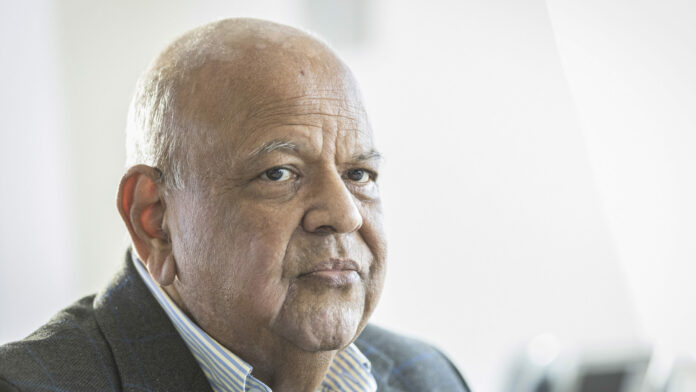
MIGHT a critical visit to China in an effort to resuscitate the purchase of locomotives and spare parts for Transnet be one of the last important acts of department of public affairs minister Pravin Gordhan’s political career?
If it is it will be the most important given the serious implications of declining bulk mineral exports in which billions of rands in corporate profits are being lost.
Gordhan’s political career appears to be waning fast, however. At the ANC’s national elective conference in December, he declined a nomination to be re-elected to the national executive committee (NEC), the ruling party’s highest decision-making body. NEC members carry significant political clout and often wield influence behind the scenes regarding cabinet appointments.
Now that Gordhan is no longer an NEC member, there just might be calls for his axing, especially since matters went from bad to worse at South Africa’s terrible twins, Eskom and Transnet.
In fact, steps may well be in place to close his department following an ANC conference resolution in January that Eskom fall under the watch of the department of mineral resources and energy.
Gordhan was appointed minister of public enterprises in 2019 when President Cyril Ramaphosa announced his new cabinet – a position that would have set even the most experienced administrator up for failure owing to the dismal state of the country’s state-owned entities.
2022 was a particularly bad year: Eskom implemented more than 200 days of power cuts, and together with the logistical paralysis at Transnet, the two state-owned entities cost the South African economy hundreds of billions of rand in lost opportunities.
Although these problems were years in the making, the buck ultimately stops with Gordhan as public enterprises minister. ANC insiders suggest he will be redeployed elsewhere in the cabinet, a step he might even welcome.
Judging by his belated defence of the now departed Eskom CEO André de Ruyter against the inflammatory remarks from Mines and Energy Minister Gwede Mantashe, as well as his halfhearted calls on the Eskom management to get the country out of Stage 6 load shedding, the signs are that Gordhan is tired and has most likely accepted defeat.
But he has a few key interventions yet to make. Appointing a new CEO at Eskom is the other burning issue outside of restoring Transnet’s fortunes.
Whatever commentary one might have about an individual, it is absolutely unfair and uncalled for to use that kind of language for somebody who tried their best to get Eskom out of the mess it was in
Gordhan is one of the longest-serving cabinet members since South Africa became a democracy. In 2009, then-president Jacob Zuma appointed him as finance minister – a position he held until 2014. In 2015 he was reappointed to the finance portfolio but summarily dismissed in 2017 to make way for Malusi Gigaba.
Gordhan then became an ordinary member of parliament, where he played a crucial role in exposing state capture by Zuma and his cronies. Gordhan holds a Bachelor of Pharmacy Degree from the former University of Durban-Westville, and a DTech in Business Administration from the Free State Central University of Technology.









